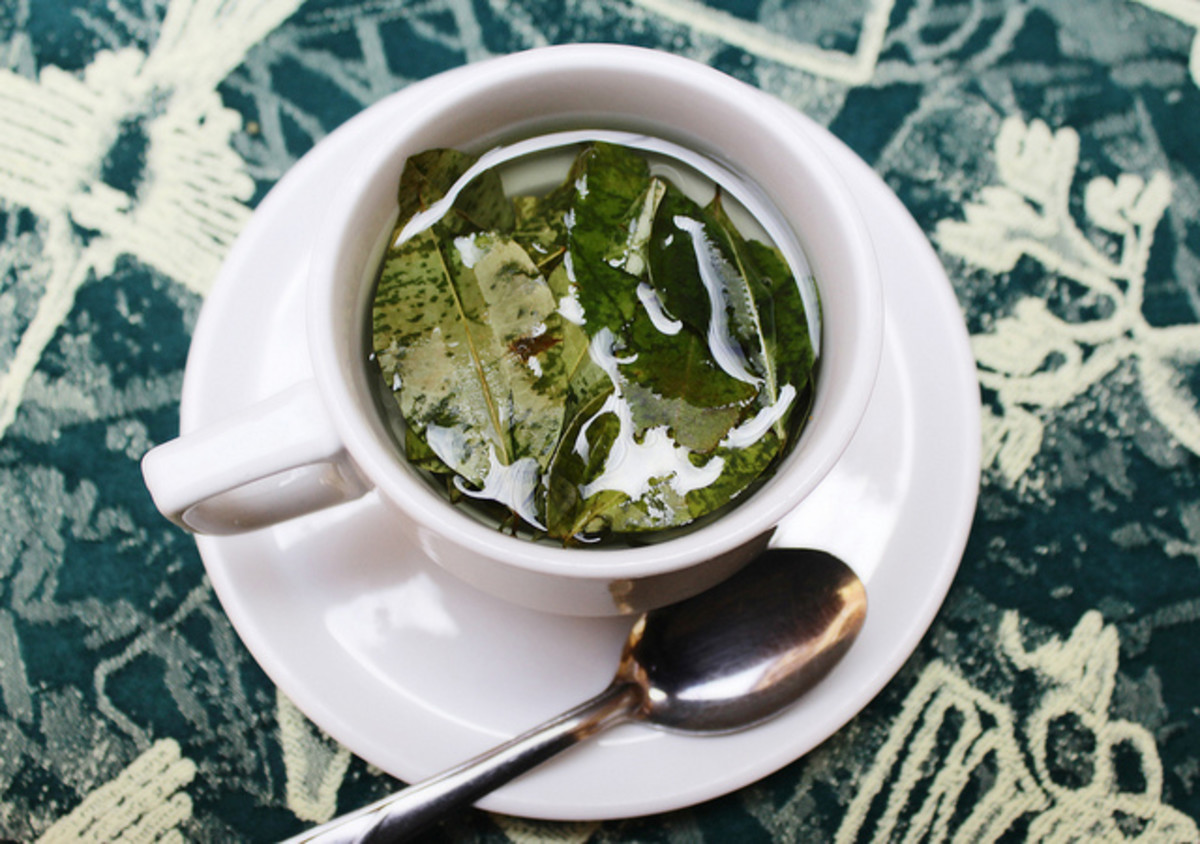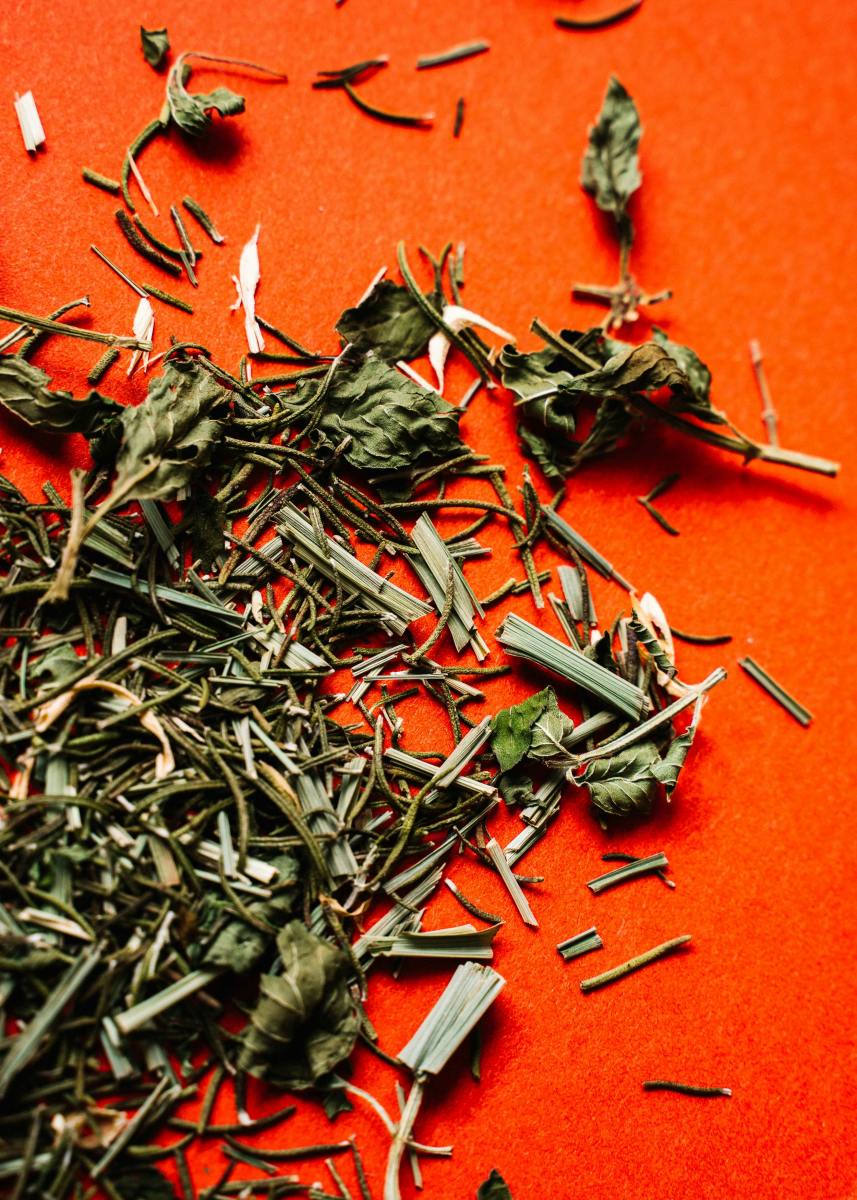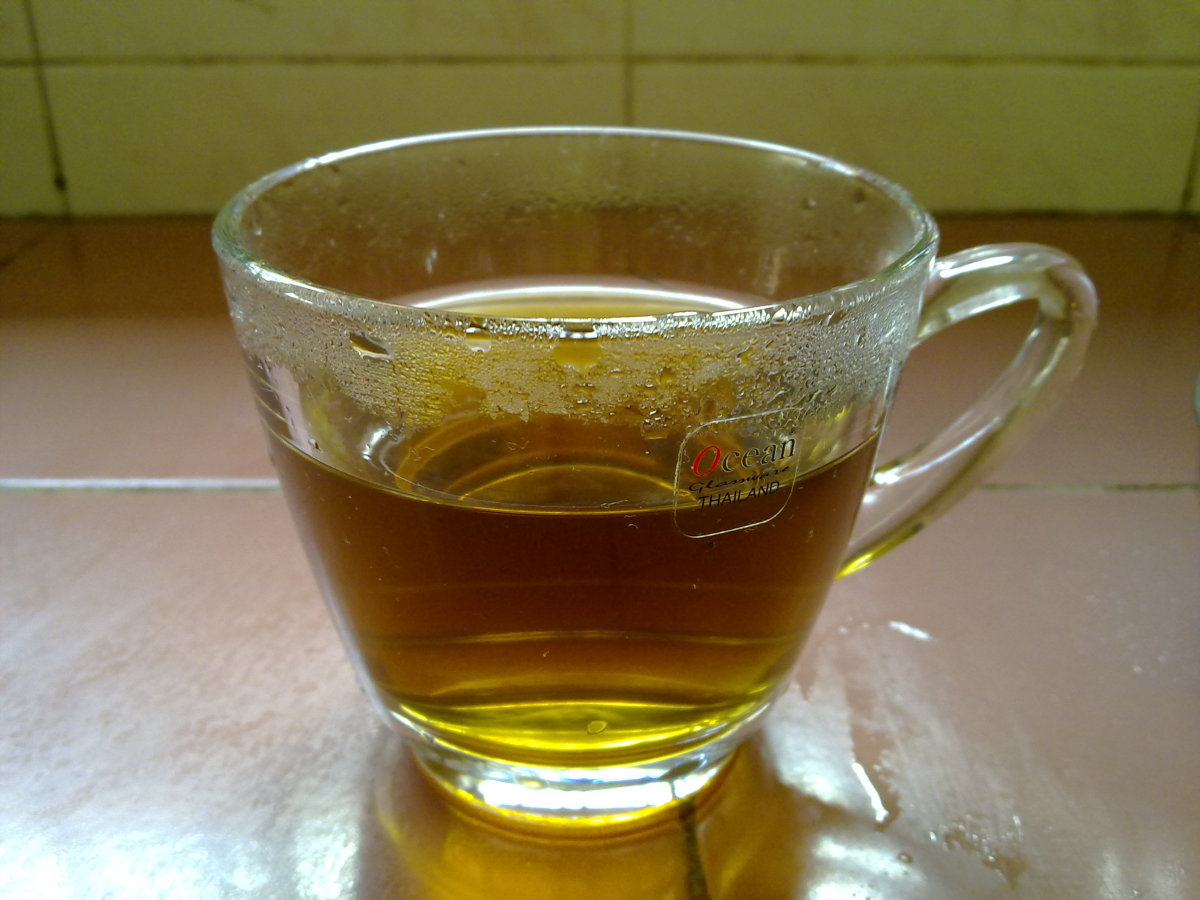- HubPages»
- Health»
- Alternative & Natural Medicine»
- Herbal Remedies
Camomile Tea - Herbal Aid to Prevent Cancer?
What is Camomile?
There are actually two species of camomile that are used for herbal remedies. There is Roman, or English, Chamaemelum nobile, and German, Matricaria recutita. They are in the family of daisy plants called Asteraceae.
The name of the plants are derived from the word chamaimelon, which means earth apple. The plants posess a fruity odor. They tend to flourish more in dry areas, anywhere from roadsides to fields, and of course they are also grown in gardens. They require open soil to survive, and can reach as high as three feet tall.

Common Uses of Camomile Tea
Herbal remedies are the main branch of uses of camomile. Though, it is also used in perfumes and cosmetics due to its sweet odor. For the same reason, it is also used to flavor foods.
The most common use in the modern day is as an anxiety reliever and sleeping aid. It has sedative properties, so a small amount should be taken to relieve anxiety, and larger amounts help promote sleep. It may be wise not to use camomile if you are taking medication that has sedative properties.
Camomile has also been shown to relax muscles. Hence, camomile tea is often consumed to relieve abdominal and menstrual cramps. Pregnant women should avoid camomile as it can cause uterine contractions that potentially could result in a miscarriage.
There are also analgesic properties associated with camomile. The tea can be used as a mouthwash, for everything from mouth sores and gingivitis to oral pain reduction from chemotherapy for cancer patients.
Camomile tea is not the only method of use. The oil from the flower has anti inflammatory properties and can be applied topically to relieve eczema and other skin irritations.
Some countries refer to this plant as a virtual cure all. While in reality there is no complete herb or drug that is a panacea, camomile has proven to be helpful in a wide variety of ailments and conditions. Its effectiveness varies from curing, accelerating recovery, and/or reduction of symptoms.
Active Chemicals
Both species have a variety of chemicals that enable it to be used as both a herbal remedy and as a health drink to prevent illnesses.
The first group of chemicals are known as flavonoids, which are powerful antioxidants that are also found in citrus, dark chocolate or pure cacao, red wine, and other tea.
Terpenoids are similar to terpenes, and are found in a wide variety of plants and fruits, such as tomatoes, cinnamon, cannabis, ginger, sunflower, and ginkgo.
Coumarins are also used in the medical and pharmaceutical field to aid in anticoagulation. They are also found among other plants in the tonka bean, vanilla grass, and cassia cinnamon.
The Anti-Cancer Active Chemical
The particular molecule given a lot of attention in cancer prevention is known as apigenin. Its chemical name is 5,7-Dihydroxy-2-(4-hydroxyphenyl)-4H-1-benzopyran-4-one. It is found in many plants, fruits, and vegetables, but there are particularly high concentrations in parsley, celery, and camomile tea.
Apigenin has been found in many instances to induce apoptosis, or cell death in malignant tumors in various cancers including breast, prostate, colon, and leukemia. As a flavonoid, it is a powerful antioxidant that binds to free radicals. Therefore it has both preventive and therapeutic effects on cancer.
One biochemical mechanism apigenin aids in therapy of cancer is by binding to a protein called hnRNPA2. This protein is responsible for the function of mRNA. The abnormal production of mRNA enables the development of most cancers. If apigenin is able to restore mRNA functions, that can have the effect of disabling cancer cells from preventing their own death. Cancer cells thrive partially because of their protective proteins which enable them to hide from the body's immune system.
There has been more research recently by scientists in finding other molecules in nature like apigenin, referring to them as nutraceuticals, or natural pharmaceuticals. Apigenin can bind to over 160 proteins as opposed to many drugs that are more specialized and targeted to bind to one protein.
One caveat in apigenin is that there is some concern that for cancer patients, it can interfere with the effect of some chemotherapeutic drugs, due to the fact that apigenin itself has chemotherapeutic properties.
In the area of gene therapy, apigenin has caught the attention of researchers because it has been shown to even be able to modulate some genes. It will almost certainly not be as potent in the area of gene therapy as the technological advancements when it comes to curing cancer. However, in the realm of prevention, if natural gene therapy prevents more people from getting cancer in the first place, there will be less people needing the cure.








